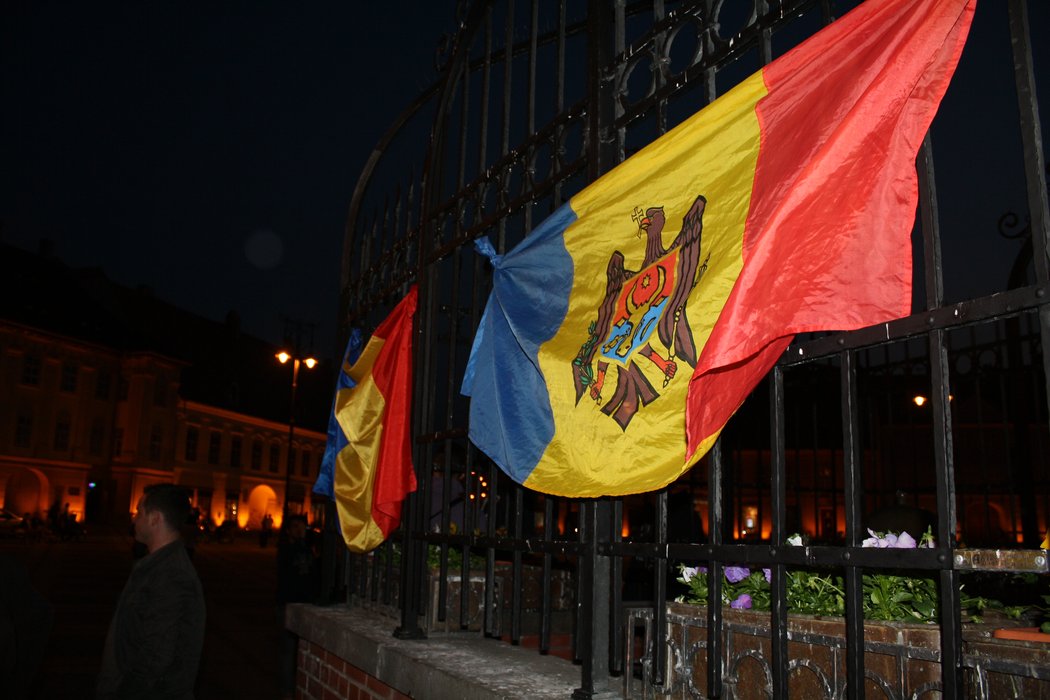
Freedom of association
Parliament and Government introduce platforms for dialogue with civil society
On 9th June 2023, the Moldovan Parliament adopted a draft decision approving the “Platform for Dialogue and Civic Participation in the Decision-making Process of the Parliament.” The decision was presented in Parliament on 3rd May 2023 and aims to improve civil society participation in decision-making processes. As CSO Metre reports, the platform was one of the priority actions identified by the EU in a 2022 recommendation and represents one of Moldova’s commitments on its path to EU accession.
On the same day, the State Chancellery concluded public consultations on amendments to a government decision on the introduction of a new mechanism for public consultations with civil society. The draft amendments were developed through a participatory process, with civil society representatives taking part in a public debate held on 19th May. The amendments aim to create a permanent platform for dialogue with civil society and facilitate its participation in policy-making.
Constitutional Court bans pro-Russian Shor Party due to “destabilising” protests
Moldova's Constitutional Court declared the pro-Russian Shor Party "unconstitutional" and dissolved it in a ruling on 19th June 2023. The party is considered dissolved as of the date of the ruling, and the Ministry of Justice will appoint a commission to take all necessary measures to remove the party from the state register of legal entities.
Party leader Ilan Shor called the ruling a “slap in the face” for Moldovans who had voted for his party, which has six seats in the country’s 101-seat Parliament. Per the ruling, the party’s lawmakers can continue to exercise their mandates as independents, without the right to affiliate with other parliamentary factions.
The Moldovan government initiated proceedings to ban the party in November 2022, citing its “attempts to destabilise the Republic of Moldova” and to support Russia in its aggression against Ukraine by organising “street protests with paid participants.” Shor, who fled Moldova in 2019 after being indicted in a USD 1 billion bank fraud case, has spent months organising anti-government protests against President Maia Sandu and the newly appointed Western-leaning government. Tensions between Chisinau and Moscow have increased since the Russian invasion of Ukraine began. There are fears that Russia could extend the war to Moldova, where up to 1,500 Russian soldiers are stationed in the breakaway region of Transnistria, which is loyal to Moscow.
Freedom of peaceful assembly
Anti-government protests continue
In May 2023, anti-government protests continued in Moldova (see previous CIVICUS Monitor update). Most of these protests were politically motivated and organised by the pro-Russian Shor Party. According to media reports, the first protests revolved around the election of the governor of the autonomous region of Gagauzia. On 12th May, the elections were won by Shor Party candidate Evghenia Gutul, who received 52.39 per cent of the vote, according to official results released by the region’s election commission. Various incidents occurred between local politicians and representatives of the national anti-corruption authority, which was active in the region to investigate allegations of vote-buying. Supporters of the Shor Party accused the Chisinau government of meddling in local affairs, undermining the electoral process, and impeding local governance mechanisms.
On 21st May 2023, multiple gatherings were held in different Moldovan cities. On that day, a large rally for European integration called the “Assembly of the European Republic of Moldova” took place in the country’s capital, Chisinau. The demonstration had been announced in April 2023 by the country's president, Maia Sandu, and was described as “apolitical” in nature. However, according to reports from Radio Free Europe’s Moldovan office, opposition parties were prevented from organising counter-demonstrations at the Grand National Assembly Square by a decision of the Commission for Exceptional Situations, although some of them had previously obtained permission for their own rallies.
On the same day, the Shor Party organised counter-protests in multiple cities on the same day, calling for a referendum on the country’s foreign policy. Before the demonstrations began, there were minor clashes between anti-government protesters and those who travelled from outside Chisinau to attend the pro-European gathering. According to press reports, the pro-European rally had around 75,000 participants, while the anti-government protests were attended by around 5,000 people.
Freedom of expression
Media associations sign memorandum on press freedom
On 3rd May, World Press Freedom Day, nine Moldovan media associations published a memorandum highlighting the challenges faced by the press in the country in the past year. The document highlights issues such as authorities’ persistent refusal to comply with freedom of information requests and verbal and physical aggression by local political figures, as well as overarching issues such as the geopolitical context, the pandemic and the economic crisis. The authors also outlined recommendations to address these challenges, such as improving media and access to information legislation, ensuring transparency of media ownership, preventing and prosecuting threats and attacks against journalists, promoting transparency of media funding, promoting media pluralism and preventing political interference in the professional activities of journalists and media. The document also highlights the need for better enforcement of existing legislation.